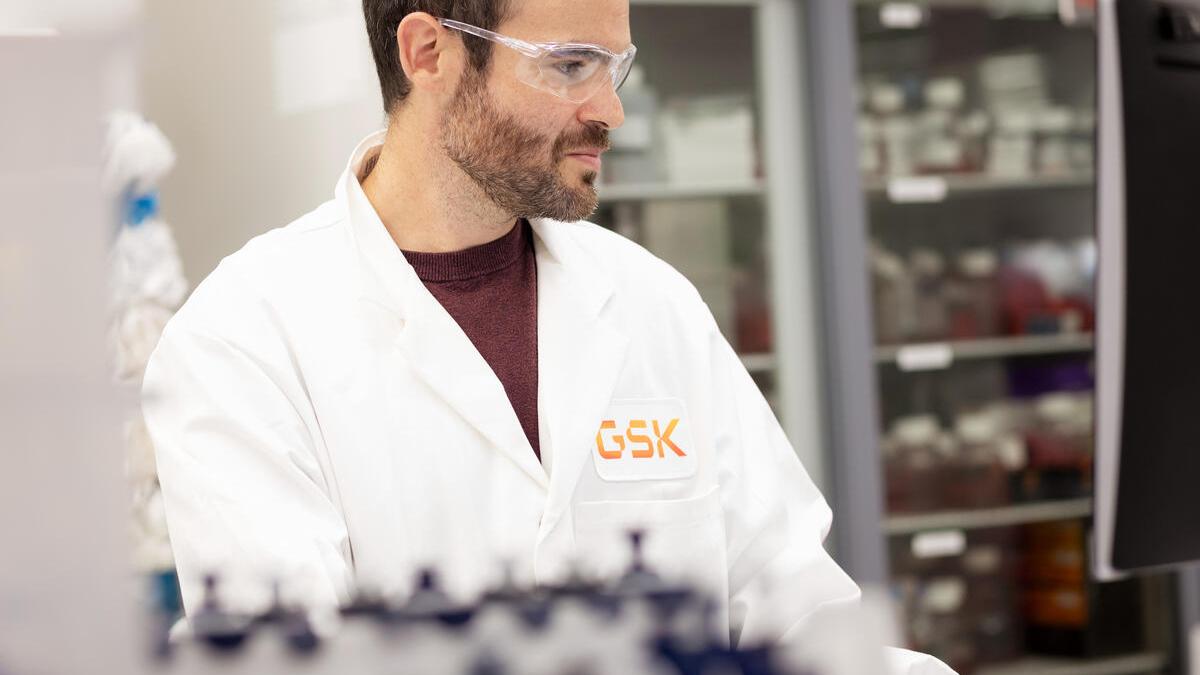MSD eyes March FDA decision on PAH drug sotatercept

MSD has been granted a priority review by the FDA for its pulmonary arterial hypertension (PAH) candidate sotatercept, setting up a decision on the would-be blockbuster by 26th March next year.
The company – known as Merck & Co in North America - said the activin receptor type IIA-Fc (ActRIIA-Fc) fusion protein has the potential to be a first-in-class therapy for PAH, a life-threatening disease caused by the narrowing of blood vessels in the lungs.
MSD filed the drug for approval on the back of results from the STELLAR trial, which showed that sotatercept achieved a significant increase in exercise capacity, measured using the six-minute walking test in PAH patients when added to stable background therapy.
Patients who received sotatercept also had an 84% lower risk of death or worsening of their condition compared with patients on standard therapy, and overall the drug hit eight of nine secondary endpoints in the study, all save one looking at the emotional and cognitive impact of PAH on patients.
“Despite advances in the treatment of PAH over the last two decades, there is still a significant need to improve outcomes for patients,” said Dr Joerg Koglin, senior vice president, of global clinical development, at Merck Research Laboratories (main picture).
“Based on the profound improvements across primary and secondary outcome measures in the phase 3 STELLAR trial, we believe sotatercept has the potential to transform the treatment of patients with PAH,” he added.
Sotatercept was acquired as part of MSD’s $11.5 billion takeover of Acceleron Pharma in 2021, and is a key component of the pharma group’s strategy to generate $10 billion in cardiovascular disease therapy sales in the 2030s. It is also one of the drugs that could help MSD prepare for the loss of patent protection on cancer blockbuster Keytruda (pembrolizumab) later this decade.
The drugmaker reckons sotatercept has the potential to become a $3 billion product at peak for PAH, thanks to its potential to become the first drug for PAH that addresses the underlying disease process, rather than simply dilating blood vessels to reduce pressure.
Sotatercept is thought to work by blocking abnormal signalling between cells in the pulmonary blood vessels, which might lead to a partial reversal of the disease process.
In addition to STELLAR, MSD is running the phase 3 HYPERION trial of sotatercept in newly diagnosed intermediate- and high-risk PAH patients, seeking to move it up the treatment pathway, as well as the phase 2 CADENCE study in pulmonary hypertension due to left heart disease.













